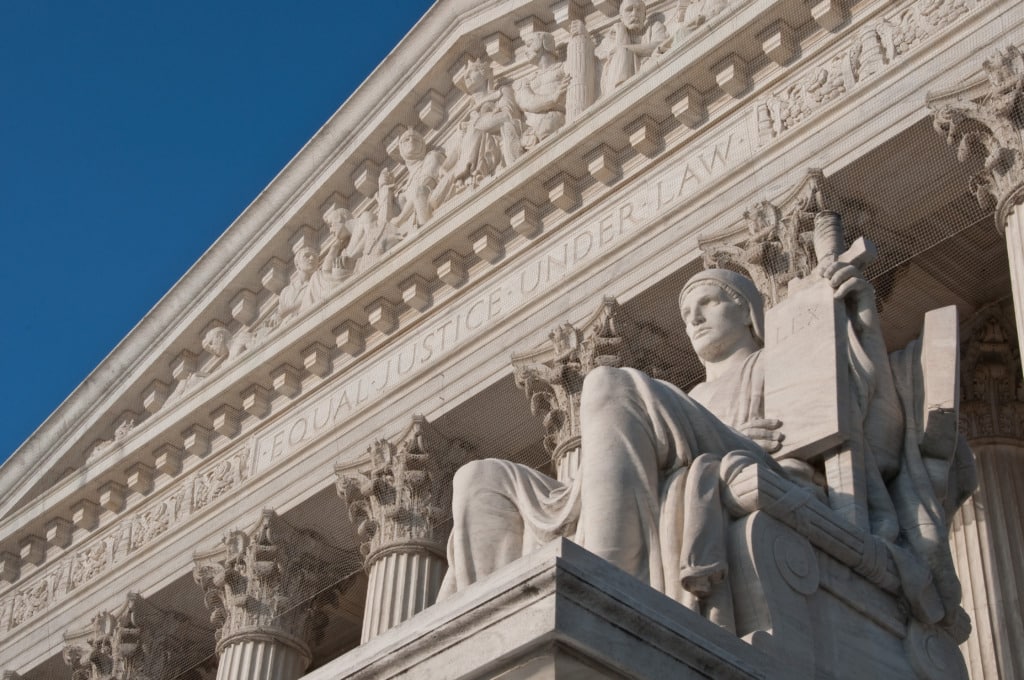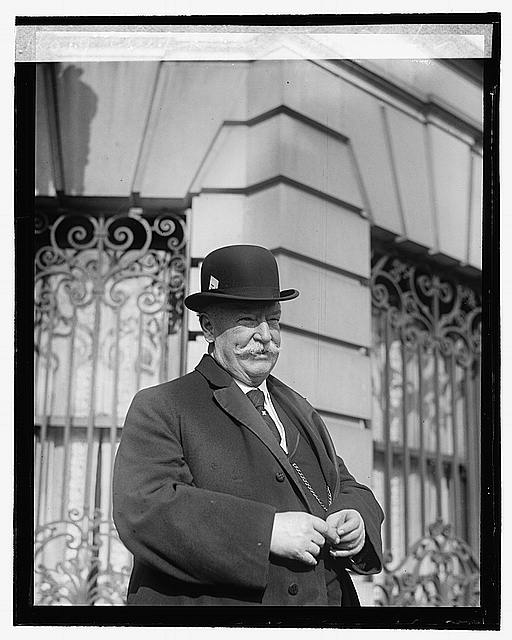Admiralty’s Influence on Transnational Procedure
Admiralty was the original site of transnational litigation in U.S. courts. Given the breadth of admiralty jurisdiction, the federal courts developed a number of procedural tools for balancing international comity and practical concerns in these international business disputes. Just because a foreign ship showed up in a U.S. port, for instance, didn’t mean a U.S….
Continue ReadingD.C. Circuit Holds that Whistleblower Provision Does Not Apply Extraterritorially
In Garvey v. Administrative Review Board, the D.C. Circuit held that a whistleblower provision in the Sarbanes-Oxley Act did not apply to alleged retaliation against an employee in Hong Kong by a subsidiary of a U.S. investment bank. The opinion carefully applies the Supreme Court’s two-step framework for the presumption against extraterritoriality to the whistleblower…
Continue ReadingSupreme Court Grants Cert to Resolve Split Over Extraterritoriality of Civil RICO
Earlier today, the Supreme Court granted cert in Yegiazaryan v. Smagin and CMB Monaco v. Smagin and consolidated the cases for oral argument. The question in both cases is how RICO’s private right of action applies to intangible property, in this case a California judgment confirming a foreign arbitral award. As I previously noted on…
Continue ReadingStare Decisis and Extraterritoriality
In a recent post, Curt Bradley suggested that the hardest problem the Supreme Court faces as it revisits the geographic scope of the Lanham (Trademark) Act in Abitron Austria GmbH v. Hetronic International, Inc. is what to do about existing precedent. In Steele v. Bulova Watch Co. (1952), the Court held that the Act applies to…
Continue ReadingSupreme Court to Revisit Extraterritorial Scope of Trademark Law
On March 1, the Supreme Court will hear argument in Abitron Austria GmbH v. Hetronic International, Inc., which concerns the extraterritorial scope of the Lanham (Trademark) Act. In resolving this case, the Court will need to decide what to do about an old precedent that appears to be inconsistent with the Court’s modern approach to…
Continue ReadingOral Argument in Doe v. Apple
Last week, the D.C. Circuit heard oral argument in Doe v. Apple, a case brought by victims of forced labor and human trafficking against five U.S. technology companies. The plaintiffs are children or family members of children who were injured or killed mining cobalt in the Democratic Republic of the Congo. The defendants—Apple, Alphabet, Microsoft,…
Continue ReadingA Century of Changes in Extraterritoriality
This post is a lightly edited version of a talk given virtually on November 26, 2022, at the “International Symposium on Accelerating Changes Unseen in a Century and the Development of International Law” organized by the Chinese Academy of Social Sciences, Institute of International Law. I am pleased to be with you today to discuss…
Continue ReadingThrowback Thursday: United States v. Bowman
One hundred years ago, on November 13, 1922, Chief Justice William Howard Taft delivered the Supreme Court’s decision in United States v. Bowman, holding that a federal statute that made it a criminal offense to conspire to defraud a corporation owned by U.S. government applied extraterritorially to conduct on the high seas and in Brazil….
Continue ReadingCert Petition Raises Personal Jurisdiction Question in Context of the TVPRA
The Trafficking Victims Protection Reauthorization Act (TVPRA) explicitly authorizes extraterritorial application to six predicate offenses (18 U.S.C. § 1596) and creates a private right of action (18 U.S.C. § 1595). Assuming without deciding that § 1595’s civil remedy extends extraterritorially to the same extent as those six predicate offenses, the Ninth Circuit in Ratha v….
Continue ReadingSupreme Court to Decide Extraterritorial Reach of Trademark Statute
Today the Supreme Court granted review in Abitron Austria GmbH v. Hetronic International, Inc. to consider when the federal trademark statute, known as the Lanham Act, applies extraterritorially. In Steele v. Bulova Watch (1952), the Court held that the act applied extraterritorially to the infringement of a U.S. trademark in Mexico. But lower courts have developed different tests for implementing Steele, creating a…
Continue Reading







